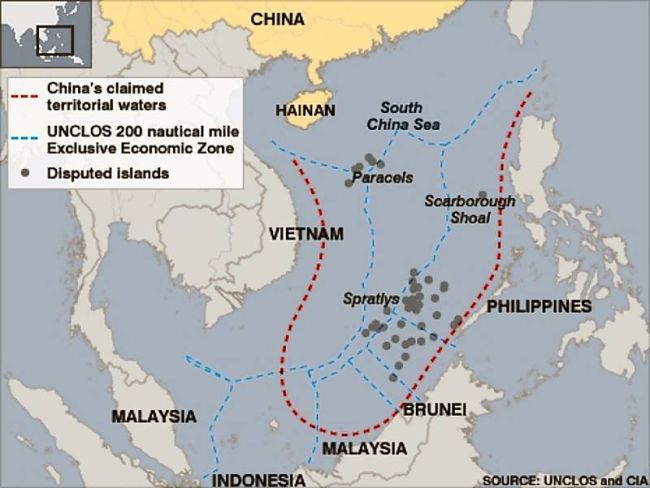Brussels, 30 June 2010
The ninth meeting of the Intergovernmental Conference with Turkey at Ministerial level was held today in Brussels, following the start of the negotiations on 3 October 2005. The European Union delegation was headed by Miguel Ángel Moratinos, Spain’s Minister of Foreign Affairs. The Turkish delegation was led by Ahmet Davutoğlu, Minister of Foreign Affairs, Egemen Bağıs, Minister of State for EU Affairs and Chief Negotiator and Mehmet Mehdi Eker, Minister for Agriculture and Rural Affairs.
The aim of the Conference was to open negotiations on Chapter 12 — Food safety, veterinary and phytosanitary policy, thus advancing further the negotiating process. This chapter covers core areas of the internal market, is important for food safety, for the protection of health and animal welfare, and is of crucial importance for Turkey’s preparations in implementing European policies.
For this chapter, and on the basis of the negotiating positions, the Union has closely examined Turkey’s general state of preparedness. Taking into account Turkey’s present state of preparations, and in line with the Council conclusions on 11 December 2006 — as well as on the understanding that Turkey will continue to make progress in the alignment with and implementation of the acquis — the EU underlined main issues regarding the closing benchmarks to be met by Turkey, namely that:
– Turkey has fulfilled its obligation of full non-discriminatory implementation of the Additional Protocol to the Association Agreement.
– Turkey implements systems for identification and registration of animals that are compliant with the EU acquis and fully operational, including through implementing its commitments made in view of meeting the relevant opening benchmark.
Turkey submits an approved national programme for the upgrading of establishments for products of animal origin, including establishments for animal by-products. This programme must include a precise plan for the monitoring by the Turkish authorities of the process of upgrading establishments. As regards the milk sector, the national programme must include a strategy for the use of noncompliant raw milk. Turkey must also demonstrate sufficient progress in the implementation of this national programme. Furthermore, Turkey demonstrates that it has devoted sufficient human and financial resources for monitoring the process of upgrading the establishments covered by the national programme.
– Turkey fulfils its obligations related to animal disease notification, ensuring satisfactory cooperation with the EU Member States, implements surveillance and control measures for animal diseases notifiable to the EU and contingency plans for major epizootic diseases as provided for under the acquis and fully applies the acquis in the area of Foot and Mouth Disease (FMD) by implementing a detailed eradication plan established in advance.
– Turkey has transposed and implements an effective system for the control of Transmissible Spongiform Encephalopathies (TSEs): total feed ban, control of specified risk materials, TSEs testings.
– Turkey has transposed the EU animal welfare legislation and ensured that the sector is aware and prepared, sufficiently in advance, for effective implementation at the latest by accession.
– Turkey continues to set up and develop, in accordance with the acquis, the relevant administrative structures, in particular in order to implement a fully EUcompliant system for all relevant official controls, in particular operational Border Inspection Posts, including the funding of this system; Turkey further increases its administrative capacities and infrastructures; Turkey demonstrates that it will have sufficient administrative capacity to correctly implement and apply all the acquis covered by this chapter by accession.
In more general terms, the EU also underlined that it would devote particular attention to monitoring all specific issues mentioned in its common position with a view to ensuring Turkey’s administrative capacity, in particular with regard to its control capacity as well as its capacity to implement systems for identification and registration of animals.
With regard to Turkey’s requests for transitional periods, the EU recalled its general negotiating position, namely that such measures should be exceptional and limited in time and scope, and that they must not involve amendments to the rules or policies of the EU, disrupt their proper functioning, or lead to significant distortion of competition.
In addition to all the information the EU may require for the negotiations in this chapter and which is to be provided to the Conference, the EU invited Turkey to provide regularly detailed written information to the Association Council on progress in the implementation of the acquis. Moreover, Turkey indicated that since the accession date cannot be foreseen at this stage, transitional period requests would be determined within the framework of the date set and progress achieved in the context of the overall negotiations. Turkey will therefore need to submit an updated Negotiating Position at a later stage. The EU will revisit its Common Position to incorporate new elements stemming from the updated Turkish Negotiating Position and to take into account developments in the acquis.
Since the start of the negotiations, thirteen chapters have been opened, of which one has been provisionally closed.
Source:
Council of the European Union

 von
von 
